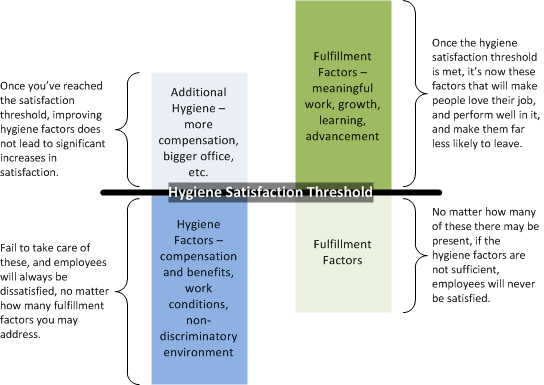
I've spent most of my career managing teams in one form or another. Like most of us, having experienced a variety of team cultures and dynamics, I knew what appealed to me, and what resulted in grumbling from me and my colleagues. While I certainly wasn't a star at creating effective teams from the get-go, I was determined to become one of those leaders who could, and set about trying to make sure I was. I read a lot of books, tried a few things, failed at a few, learned, and adjusted. While not a complete "how to", I believe these are some of the most important things to creating successful team.
Hiring and Training
You can't build a solid house with dodgy building materials and no plans. Similarly, you can build a solid team with staff ill-suited to the needs of your business and without understanding where it is you're going. So, make sure you hire the right people where you have that option, or otherwise effectively train existing staff to take on the roles you need.
Years ago I started a new job with a team that had experienced a mass exodus before I arrived. Amongst the other accountabilities of my new role, I was given the task of rebuilding the team. I did an assessment of where we needed to go in order to effectively support the business, and that lead me to the kind of people I needed in which roles – what levels, what skill sets they'd need, what personality traits they should possess, and what experience they should have. At the same time, I'd worked with my new management team to assess the skill sets of my new team, and realised we had some gaps. Those inputs led me to a plan to rebuild that included hiring new poeple for some key roles, and training for existing staff so they could better achieve at their existing jobs. The successful execution of that plan was a critical element of the successful rebuilding and significant improvement in the performance of that department.
Hygiene and Fulfillment

For many years, I've found very useful a model that classifies aspects of work into two broad groups – hygiene factors and fulfillment factors. Hygiene factors are those factors that if they are not addressed appropriately will always result in an employee being unsatisfied about their job – their compensation (including benefits), the tools with which they have to do their work, their general work conditions such as light, heat, and cleanliness, their commute to work, their ability to work in a discrimination-free environment, and so on. Fulfillment factors are those that, once the hygiene factors are taken care of, when present turn an O-Kay job in to a great job – the impact the work has on things the person cares about, the calibre of co-workers, the ability to learn, grow, and advance, and the ability to truly feel you are making a difference. The interesting thing about hygiene factors is at some point (which is different for each person), improving hygiene factors will not result in employees feeling better about their jobs. And no matter how many fulfillment factors you may have covered, significant deficits in one or more hygiene factors will still result in dissatisfied employees. I have found that a key, basic, requisite step to creating successful teams is ensuring hygiene factors are addressed appropriately across all team members, and that sufficient fulfillment factors are present. This way, I know that not only do I have a team that doesn't mind coming to work (hygiene factors met), but that they want to come to work (fulfillment factors present). And that's key to a successful team.
Communication
I've worked in teams where information that was communicated to the team was what I would consider the bare minimum. There are those who advocate this approach (citing information security, competition, and / or a variety other reasons), but I have to confess I'm not one of them. What I have found instead is that usually with only a minimum amount of information given, employees generally wind up having to make assumptions, 50% of the time which are going to be wrong (through no fault of their own), leading to in the best case scenarios rework and frustration, and in the worst case financial or worse losses. While there are things that must be kept confidential from staff (M&A activity, various HR information, etc.), I much prefer to over-communicate the circumstances around a project, initiative, business circumstances, or whatever the issue is at hand. After all, if after I've explained the level of confidentiality of the information (for example, "not to be discussed outside the project team"), I can't trust a staff member to maintain that confidentiality, I probably shouldn't have hired that person in the first place, or retained them on the team.
What I've found is that the more good information I give team members, the better the decisions they make. And there is another big benefit that comes from trusting people with the information they need to do their jobs well – they tend to grow and flourish in the knowledge that management believes in them and trusts them to figure out and do the right things. That is, they feel empowered. Does it always work out that way? No. But in my experience, it has worked out that way the vast majority of the time.
Consistency in Leadership
Another way of putting this is, "say what you mean, mean what you say, make sure your actions are consistent, and when things change, clearly and completely explain the change, the reason for it, what the new direction is, why we must take the new direction, and make sure everyone understands." I've had bosses who have said one thing, and their actions have been in complete contradiction to what they said, or they have been constantly changing direction and priorities with no explanation. That has to be one of the biggest demotivators for a team I have ever seen. People lose trust in their leader, and start to feel that they can never be successful because the playing field continually and without warning or apparent reason changes.
